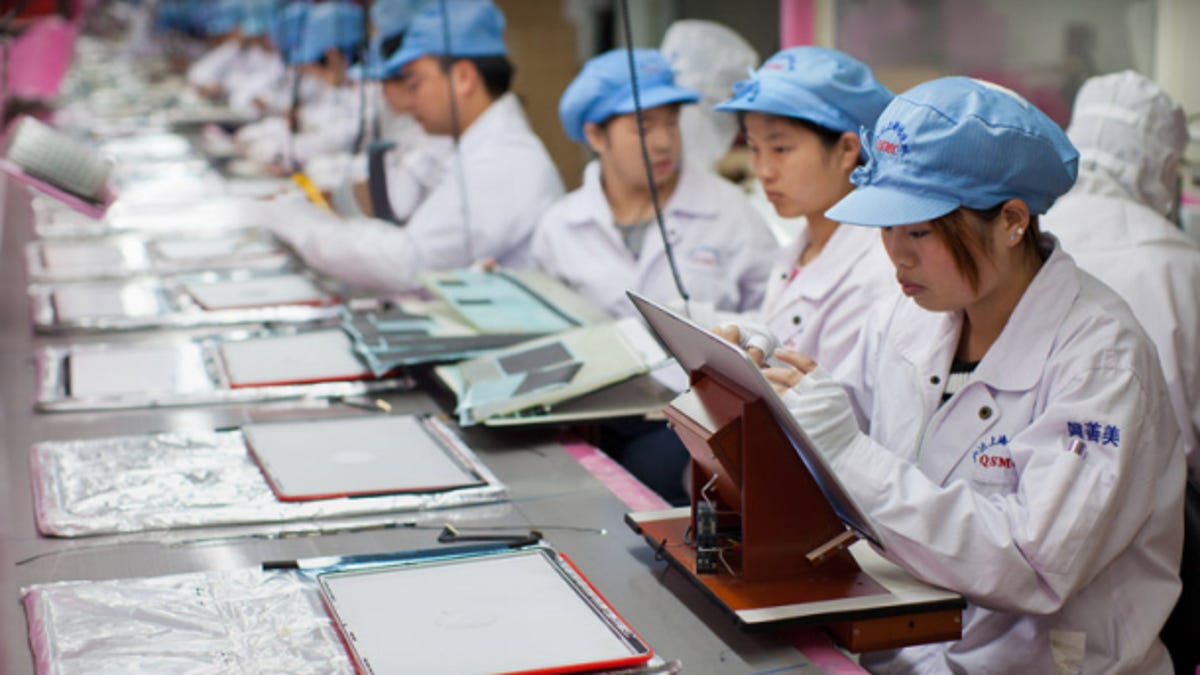Foxconn won't be investing in Sharp after all, report says
Reuters, citing the Asahi newspaper, reports Foxconn and Sharp won't reach a deal by month's end, but Foxconn may consider an investment later after Sharp creates a new business plan.

The two companies, which have been talking to revise an earlier agreement, won't reach a new deal by a March 26 deadline, according to Reuters, citing an Asahi report. The publication said Foxconn Chairman Terry Gou informed Sharp's bankers that there'd be no deal this month but that he'd again consider an investment after Sharp creates a new business plan in the near future.
The Asahi newspaper didn't say where it got the information, according to Reuters.We've contacted Foxconn and Sharp and will update the report when we hear back.
Foxconn, formally known as Hon Hai, planned to buy a nearly 10 percent stake in Sharp, but the deal fell through. That was partly because Sharp didn't want to give Foxconn management control and partly because Sharp's stock price fell so much that Foxconn wanted to pay less for its 9.9 percent stake.
The two companies have been negotiating in recent months but have failed to reach a deal. Bloomberg reported last month that a new deal was unlikely as the companies couldn't agree on the price Foxconn would pay for a piece of Sharp and they couldn't agree on corporate control and overarching strategy.
While Sharp hasn't reached a deal with Foxconn, it has signed some smaller pacts. Samsung earlier this week agreed to invest $111 million in Sharp for a 3 percent stake, while chipmaker Qualcommpledged $120 million for a piece of the company.
Display technology has become more important as electronics makers strive to build the top-selling smartphones, tablets, and PCs. Screens are one of the most power-hungry components in a mobile device, and they also can limit what a device looks like and how much it costs. Many companies, including Samsung and rival Apple, have turned to Sharp for its thin, energy-efficient LCD panels.
However, even strong demand for displays hasn't been enough to help Sharp's financial results. The company has struggled with widening losses and falling revenue over the past couple years, and it warned recently that it will post a record 450 billion yen loss for the fiscal year ending this month.

